
Click for full sized image
Detect PET preform defects efficiently with the APL-P or MPL-P Polarization Light.
The design of the APL and MPL allows the operator to rotate the preforms being examined, providing complete observation of all surfaces, and hence a more detailed analysis. With up to 3 rows, they are designed to maximize the number of samples being examined simultaneously, offering advanced strain analysis and user-friendly design.
AT2E’s new APL-P / MPL-P Polarization Light for Preform with Rotation System are designed to allow checking PET preforms for stress and defects in an easy and convenient way. Many of the defects found in PET preforms can be detected by using the APL-P or MPL-P systems.
Preforms viewed in a polarized light exhibit a colored birefringence pattern, which is the result of the polymer flow lines (molecular orientational strain) produced during the injection molding process. The colored pattern observed with preform indicates its qualities and eventual problems. By correctly interpreting these flow patterns, many preform defects can be detected.
The design of the APL and MPL allows the operator to rotate the preforms being examined, providing complete observation of all surfaces, and hence a more detailed analysis. With up to 3 rows, they are designed to maximize the number of samples being examined simultaneously.
The APL-P is completely automated (it has an electric motor, with adjustable speed), while the MPL-P uses a side wheel for manual operation.
With 1, 2 or 3 viewing windows, able to check from 5 to 8 preforms in each window, with the possibility of manual wheel or electrical motor to rotate the samples, these devices allow a quick way to check several samples each time.
The APL-P / MPL-P units ensure reliable detection of preform defects, enhancing quality control processes. Its advanced design and user-friendly features make it a top choice for professionals seeking precise strain analysis in PET preforms.
The APL-P / MPL-P Polarization Light is designed to efficiently detect defects and stress in PET preforms. By utilizing polarized light, it allows for a detailed analysis of the preforms, enabling operators to identify potential quality issues that may arise during the injection molding process.
The APL-P model features an automated electric motor with adjustable speed for rotating the preforms, while the MPL-P model uses a manual side wheel for rotation. This rotation capability allows for comprehensive observation of all surfaces of the preforms, facilitating a more thorough examination.
Both the APL-P and MPL-P systems can be equipped with 1, 2, or 3 viewing windows, allowing for the simultaneous examination of 5 to 8 preforms per window. This design maximizes efficiency and enables quick checks of multiple samples at once.
While the APL-P and MPL-P systems are highly effective in detecting many common defects in PET preforms, their ability to identify specific issues depends on the interpretation of the birefringence patterns produced under polarized light. Proper training in analyzing these patterns is essential for accurate defect detection.
The APL-P / MPL-P models are designed with user-friendliness in mind, featuring a simple operation interface, adjustable rotation speed (for APL-P), and the ability to view multiple samples simultaneously. These features streamline the inspection process, making it easier for operators to perform quality control checks efficiently.
By providing reliable detection of defects and stress in PET preforms, the APL-P / MPL-P systems enhance quality control processes by allowing manufacturers to identify potential issues early in production. This proactive approach helps ensure the quality and integrity of the final products, reducing waste and improving overall efficiency.
Detect PET preform defects efficiently with the APL-P or MPL-P Polarization Light.
The design of the APL and MPL allows the operator to rotate the preforms being examined, providing complete observation of all surfaces, and hence a more detailed analysis. With up to 3 rows, they are designed to maximize the number of samples being examined simultaneously, offering advanced strain analysis and user-friendly design.


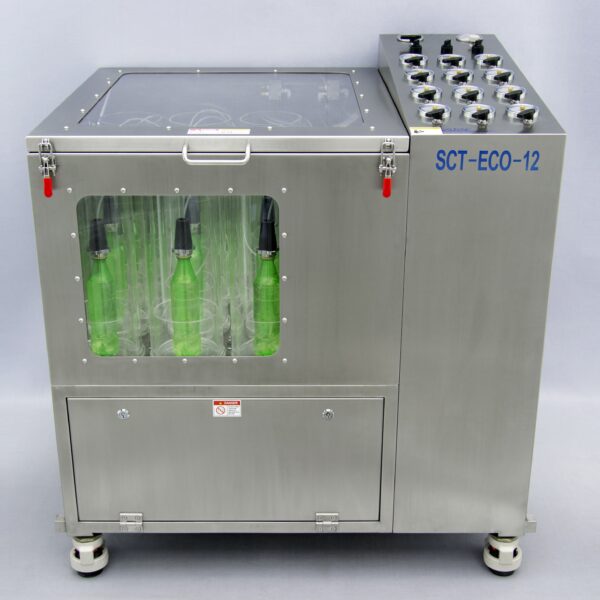
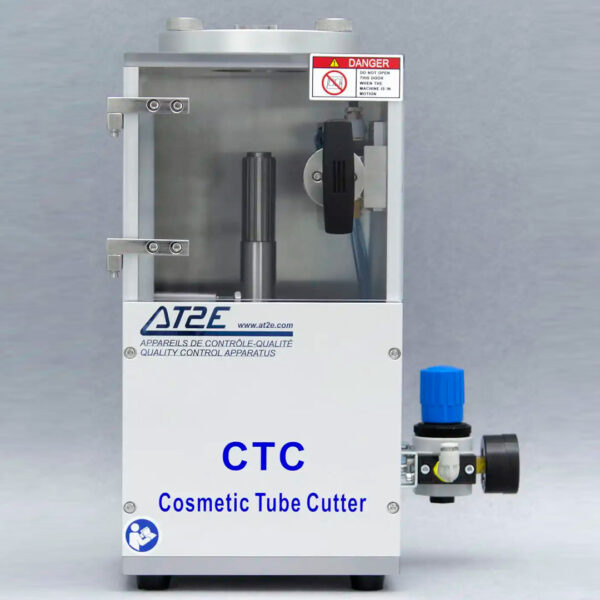
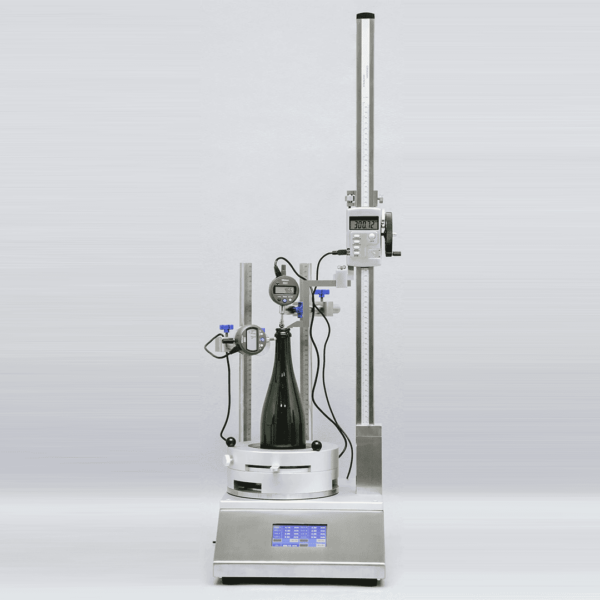
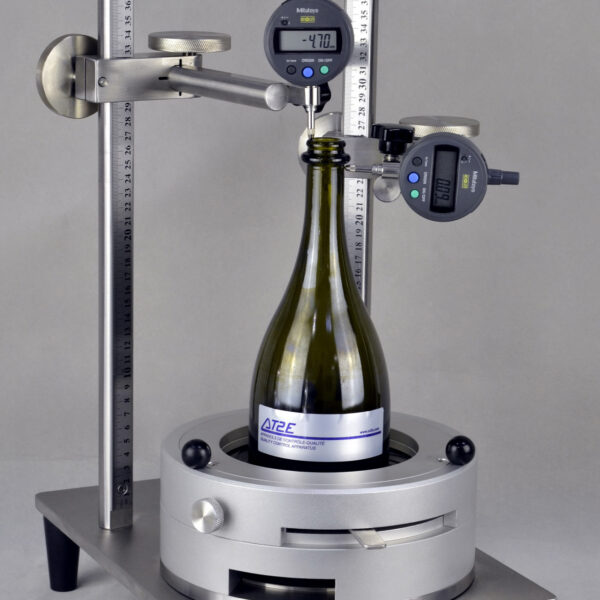
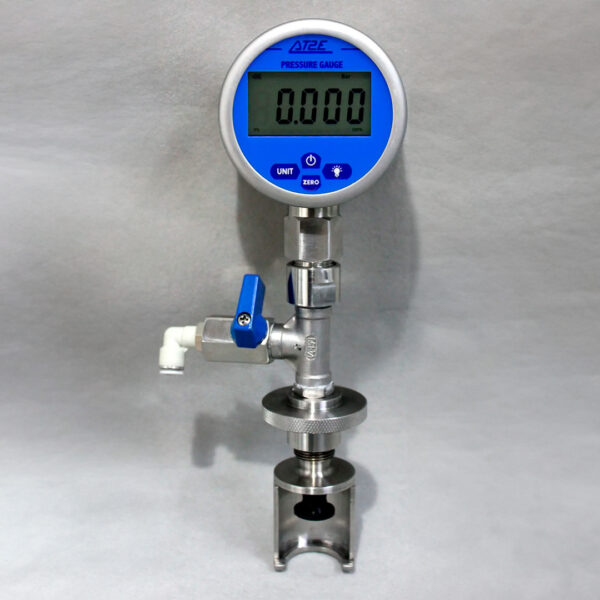
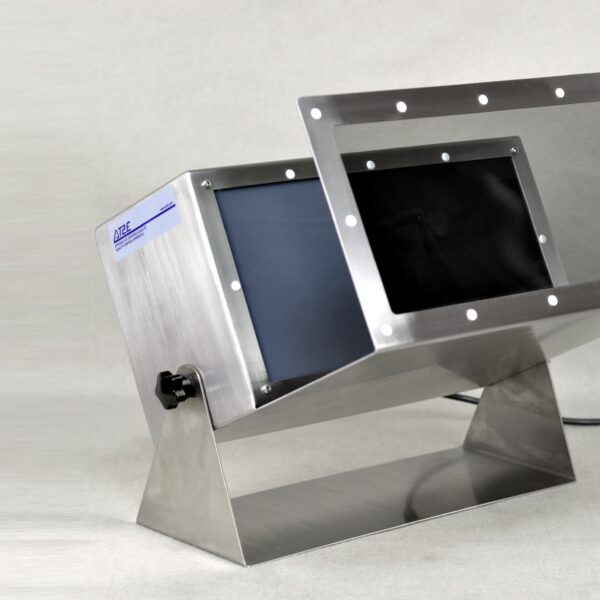
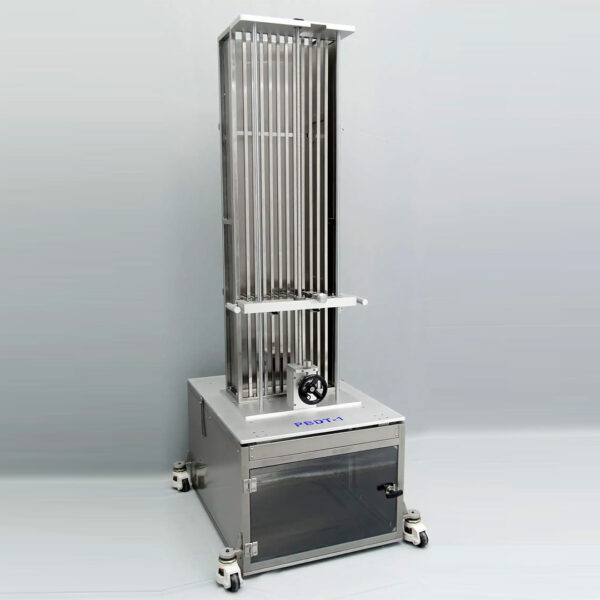
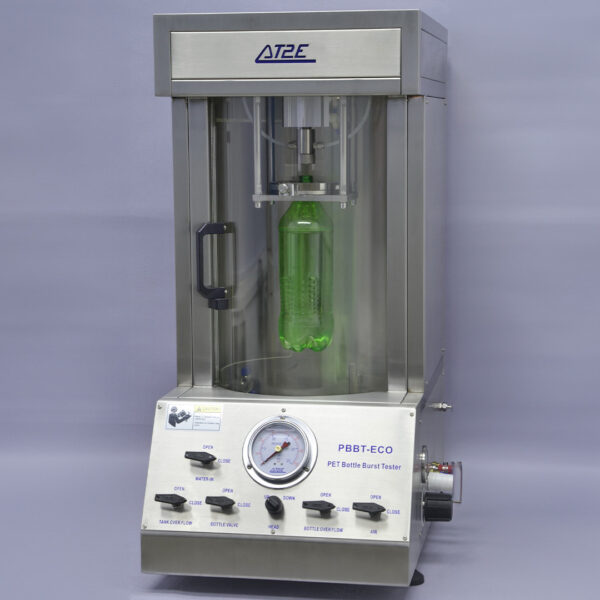
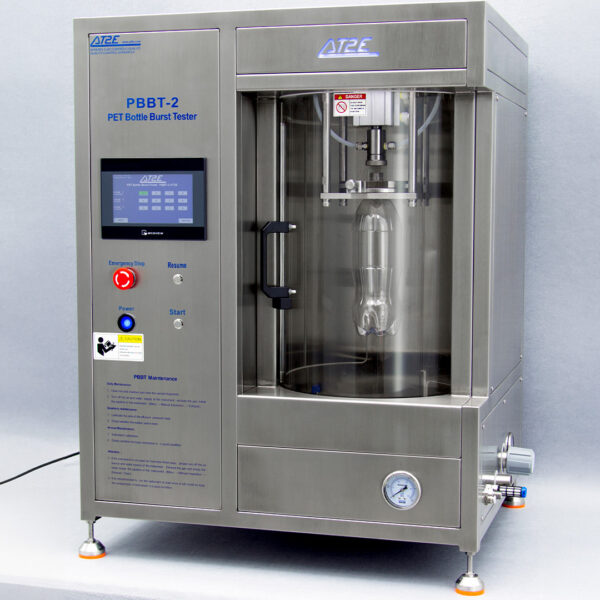
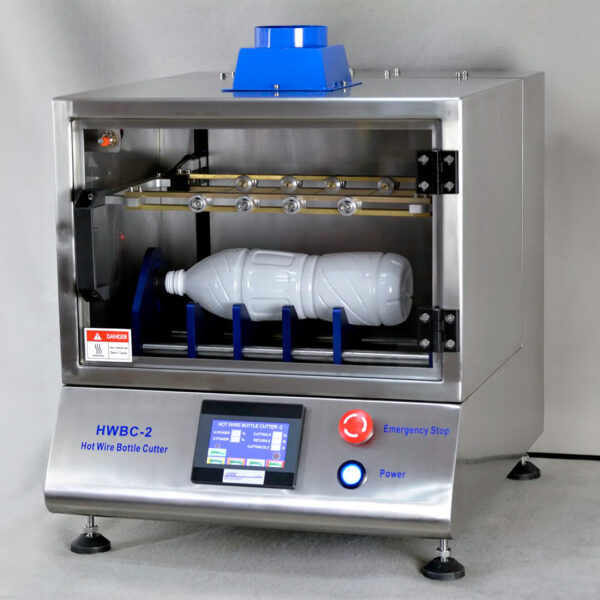
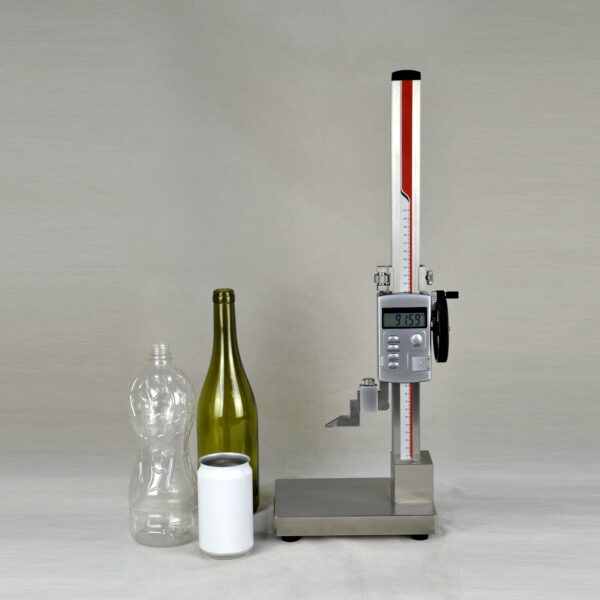
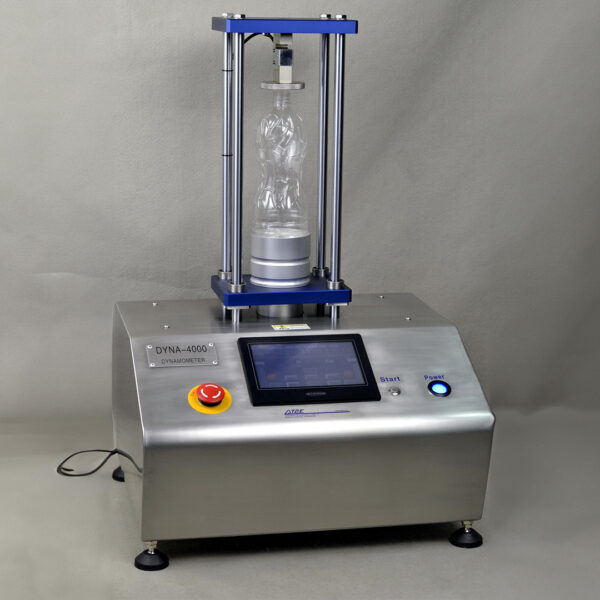
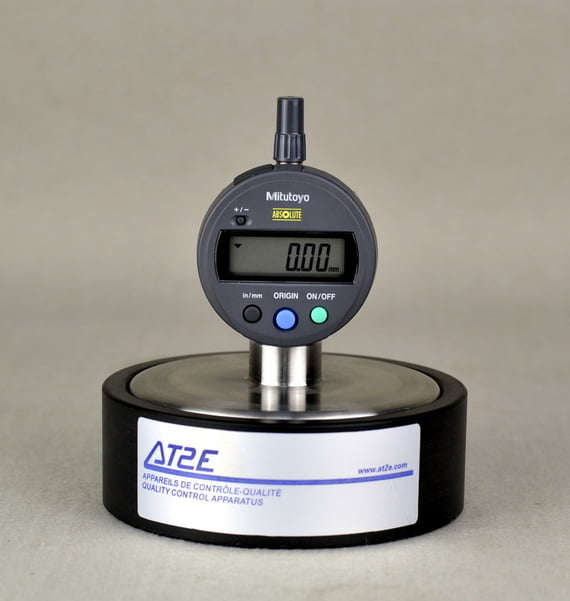
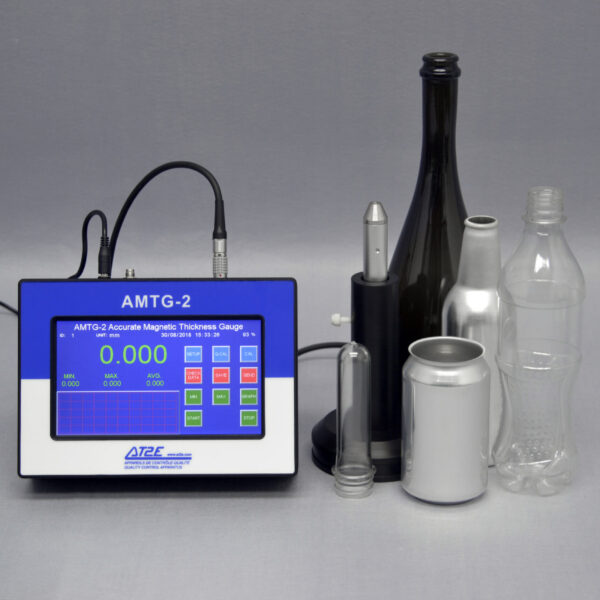
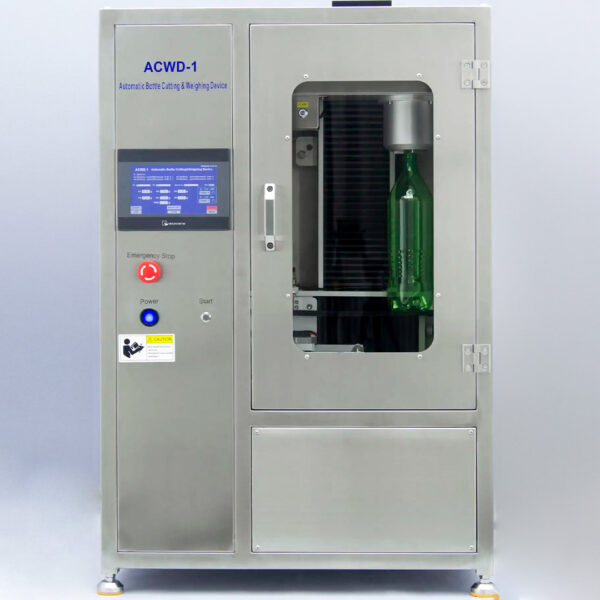
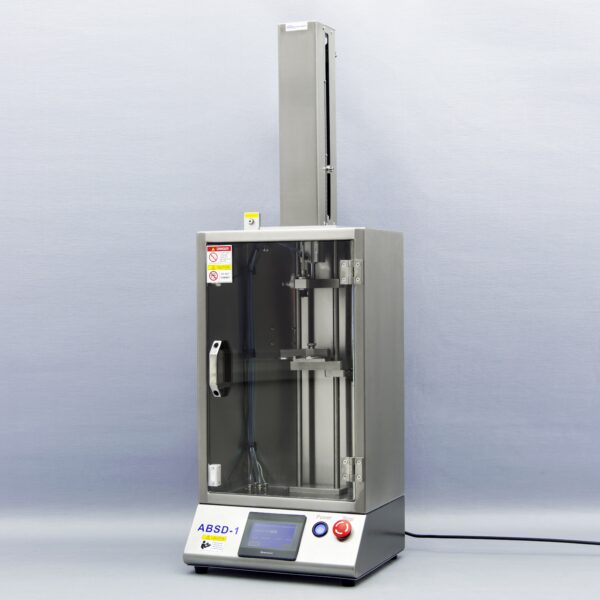
We have developed over 200 different packaging test machines since our founding in 1989.
Our in-house team of engineers carefully designs and manufactures each instrument to solve a specific quality control problem.
If you do not find a solution that fits your needs, please contact us.
We can also design and build custom QA machines to fit your unique requirements.
We develop and sell a wide range of packaging test machines for various industries.